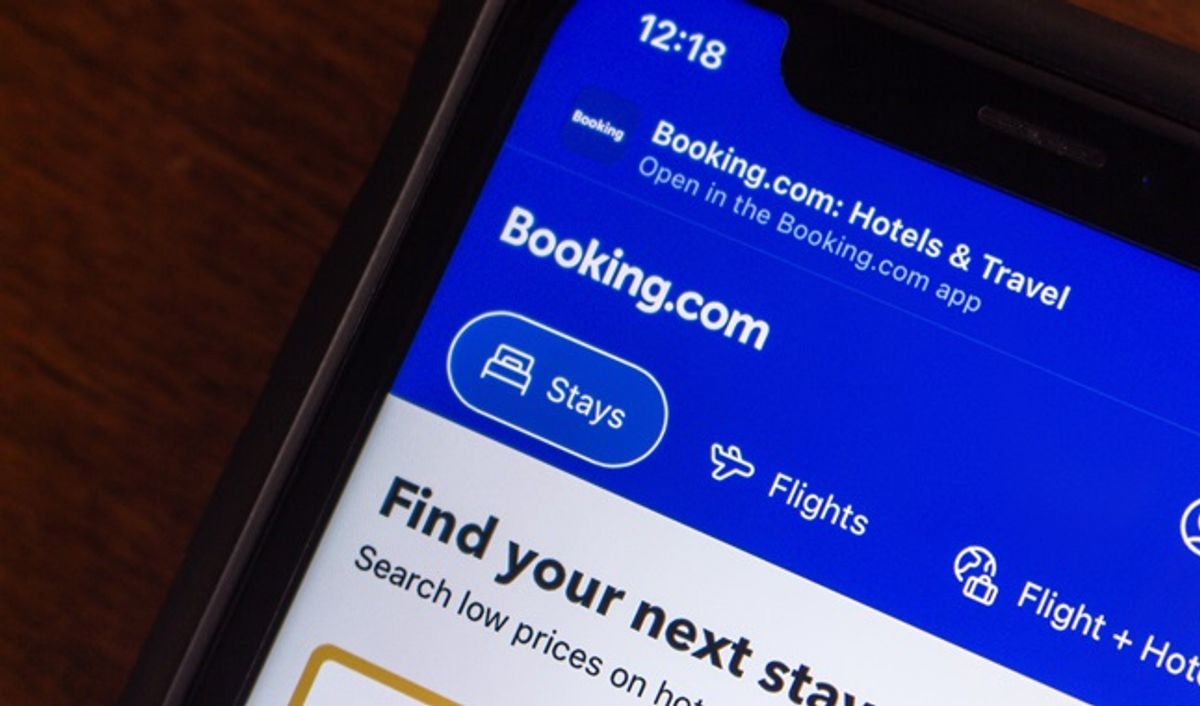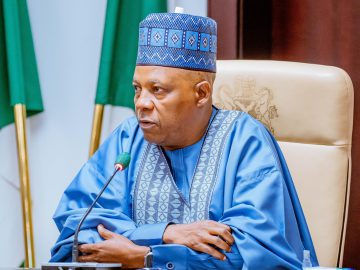In the war for direct bookings, OTAs use their war chests to leverage their way to ongoing success.
Note: This story first appeared on PhocusWire
NATIONAL REPORT – Financial figures from Expedia Group, Booking Holdings and
Trip.com Group – four of the largest online travel agencies in the world – show
the companies spent a record amount of money to promote their brands and
attract customers in 2023, as pent-up demand from the pandemic is still driving
spending
Collectively these four brands spent a staggering $16.8 billion on sales and
marketing last year (reported by Booking Holdings as just marketing), up 20%
from just more than $14 billion in 2022.
It’s a clear sign of the intense competition these companies are facing as they
fight to capture bookings and as they compete both with one another and with
suppliers such as hotels and airlines that are all vying to drive direct
business.
But beyond the eye-popping figure of total spend, Trip.com Group stands out as
the company that had the biggest jump in its marketing budget in 2023. After
dramatically reducing its spending in 2020, 2021 and 2022 due to persistent
COVID-induced travel restrictions in China, last year as restrictions came down
the online travel company returned to pre-pandemic levels of marketing
spending. In 2023, Trip.com Group allocated $1.3 billion to sales and marketing
– an increase of $117% over the 2022 figure of just more than $600 million and
on par with its spending in 2019.
But as a percentage of revenue, Trip.com Group is showing
increased efficiency in its marketing. The spending was 26% of revenue in 2019,
21% in 2022 and down to 20% in 2023.
In a call with analysts to discuss its fourth quarter and full year 2023
financial results, Trip.com Group CEO Jane Sun said the company is using its
marketing budget to enhance its global market presence and also to expand its
user base among “elderly demographics” – in the fourth quarter the number of
users over age 50 increased by more than 90% compared with 2019.
“And this is just a beginning to capitalize on the market opportunity for the
retired community, which has spending power and ample time,” she said. The
company also said it will continue to optimize its marketing spend by focusing
on increasing its direct traffic and improving cross-selling within its
platform.
Airbnb focuses on “education”
Airbnb has always touted the fact that the majority of its
traffic – 90% is the latest figure – is direct or unpaid and that it spends a
relatively small percentage of its revenue on advertising. In 2023, that figure
was just over 18%, with spending of $1.8 billion on revenue of $9.9
billion.
In a call with analysts to discuss the latest results, Co-founder and CEO Brian
Chesky reiterated the company’s “full funnel approach.”
“As you know, we have a very different approach to marketing than our
competitors,” he said. “We’re not really typically trying to buy
customers through performance marketing. We generally… think of advertising
more as education than sales.”
Chesky also called out the company’s success at “tapping into the biggest
moments in pop culture,” such as partnering with Mattel to turn a Malibu
mansion into the “Malibu Barbie Dreamhouse” listing on Airbnb.
“That became a phenomenon on social media, and it got more press, more articles
than our IPO. In fact, three times as many articles were written about the
Barbie Malibu DreamHouse as Airbnb’s IPO, just to give you a sense,” Chesky
said.
Airbnb is also using targeted efforts in key markets. Dave Stephenson, the
company’s new chief business officer who was still the chief financial officer
at the time of the earnings call in February, said during the analysts’ call
that in some countries Airbnb is using a “small team [to] do very targeted
social marketing, PR, communications, use influencers, search engine marketing
that can build on top of brand marketing.”
Stephenson said this year there may be some incremental costs as the company
expands to new countries and adds new business area, but he expects marketing
costs as a percentage of revenue to remain roughly the same as it was in 2023.
Big spenders
Of course, the two biggest spenders in terms of marketing in
the realm of online travel are Expedia Group and Booking Holdings.
The two companies account for the majority of the spend
among the four brands analyzed, with Expedia Group doling out $6.9 billion in
2023 for sales and marketing (which includes commissions paid to B2B
partners) and Booking Holdings spending a bit less, $6.8 billion, for its
marketing efforts.
For Expedia Group, which reported full year 2023 revenue of $12.8 billion, that
equates to 54% of revenue spent on sales and marketing.
In the call with analysts to discuss the company’s latest results, outgoing
Expedia Group CEO Peter Kern discussed the company’s shift in investments in
the last year from more than 20 brands down to three – Expedia.com, Hotels.com
and Vrbo – or fewer in every region.
“We eliminated dependency on 76 different agencies around the globe and instead
built an entire full-service marketing, creative and media buying team
internally. We consolidated all performance marketing into one group, with
unified data and tools allowing us to optimize across brands and bring
programmatic approaches to everything we do in metasearch, social, SEO and
everywhere else,” he said.
“And we fundamentally shifted the business from transactional web arbitrage to
app-first focused on acquiring and retaining the customers with the highest LTV
[lifetime value] and return on investment.”
Looking ahead, Kern said the company is on a “learning journey” to determine
whether to advertise the three brands as a “family of products that work
together” or if they should be kept separate.
As Kern referenced in the past, the last couple of years were all about
overhauling Expedia Group’s tech platform and marketing model, which resulted
in a pullback in some international markets. Now, he said, the company will be
more aggressive with its global expansion.
“In ’24 you will see us spend up in a number of markets to reclaim real share
where we believe we have the right to win.”
Meanwhile at Booking Holdings, which reports marketing independent of sales,
the cost as a percentage of its $21.4 billion revenue was down slightly from
2022 to 32%.
In the call with analysts in February, the company said it is pleased with its
performance in what is a “competitive marketplace” for advertising and
marketing.
“We’ve improved our abilities in using performance marketing channels even more
effectively and are now better focused on our brand spending,” said CEO Glenn
Fogel.
“On loyalty, we’ve expanded and enhanced our Genius loyalty program at
Booking.com to deliver more benefits to more of our traveler customers with
more of our property and rental car partners participating. And lastly, we are
continuing to strengthen the direct relationship with our travelers as our
mobile app room nights and total direct room nights continue to increase in our
mix.”
And for this year, Booking Holdings said it expects its continued focused to
drive direct business to be a “source of leverage” for the company.



